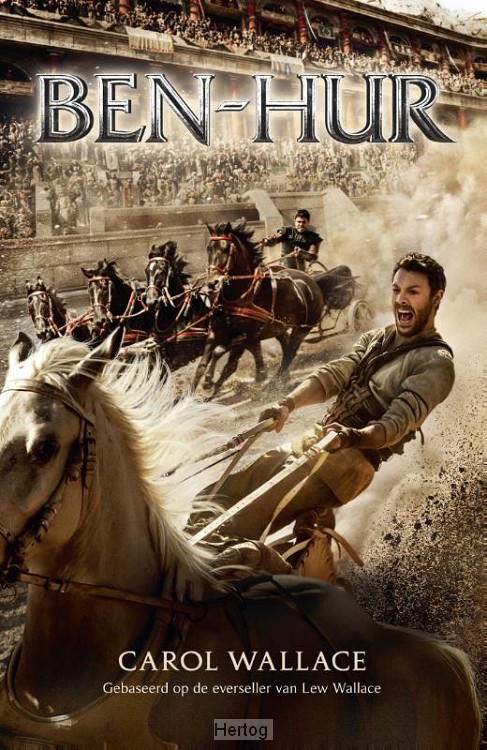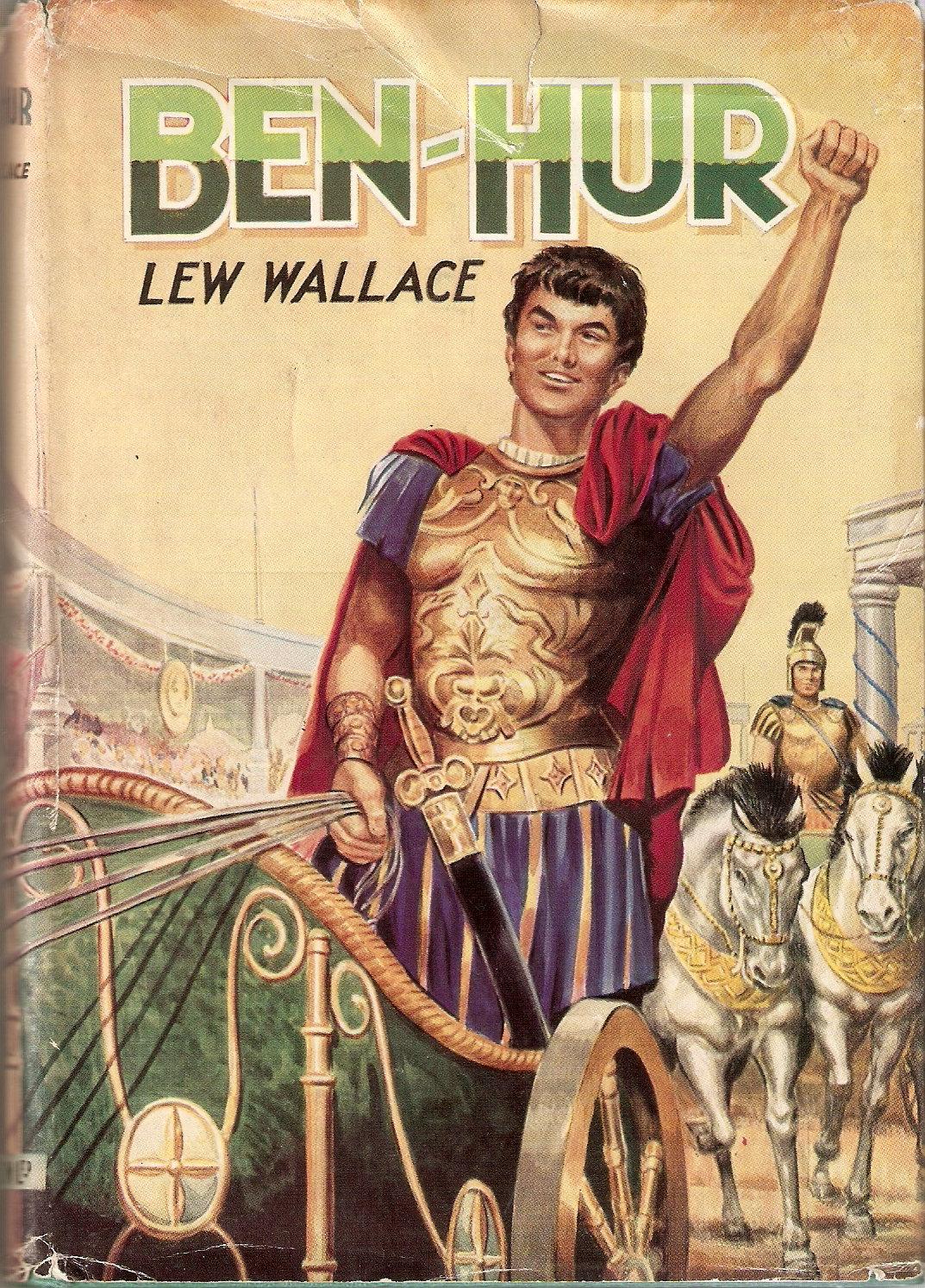

I recall experiencing bemusement when I realized the naivety of my prior conception that a given text in the OCT (Oxford Classical Texts) was more or less ‘original’, with a couple of emendations here and there. In 2011, when I came to Oxford to study classical philology at Master’s level, I completed a course module in Latin palaeography and textual criticism. While reviews and box office numbers have indicated clearly that MGM and Paramount’s 2016 Ben-Hur will not come close to reaching the high level of popular esteem paid to Wyler’s film, the re-emergence of Ben-Hur offers the opportunity to reflect upon its origins as a literary text.Īnd what does any of this have to do with the study of manuscripts? This month has seen the return of Ben-Hur to mainstream media, with the first major motion picture adaptation hitting cinemas since the release of William Wyler’s masterful 1959 production starring Charlton Heston. Her research focuses on representations of antiquity in historical fiction and their reception in popular culture. Chow-Kambitsch is a recent graduate of University College London. The epic novel, spanning about 12 years of Ben-Hur's life, will be relished not only by fans of Christian fiction, but any reader who craves historical accounts of high adventure, action, and drama.September’s guest blog post comes from Dr Emily Chow-Kambitsch, and ties in with the recent cinema release of the new ‘Ben-Hur’ film. Dr. Patches of awkward dialogue contrast the lyrical, cinematic descriptions of Ben-Hur's struggles and triumphs. The narrative assumes some Biblical knowledge, as Ben-Hur comes into contact with characters from well-known Bible stories, including a wise man and Jesus himself. Wallace ( To Marry an English Lord )-the great-great-granddaughter of the author of the original Ben-Hur, Lew Wallace-has done a fine job of revising the text for modern readers. Unbeknownst to Ben-Hur, the true savior has different plans. After establishing himself as a fierce competitor, Ben-Hur is persuaded to train an army that will support the rightful king of the Jews-who some believe to be a man from Nazareth. While searching for what may have happened to his family, Ben-Hur takes advantage of an opportunity to challenge Messala to a chariot race.

While working in the galley of a battleship, Ben-Hur saves the life of a Roman tribune, Arrius, who decides to adopt the former prince, change his name to Young Arrius, take him to Rome, and train the boy in the Roman ways, including the popular sport of chariot racing.

When Judah Ben-Hur, a Jewish prince alive during Jesus Christ's lifetime, is wrongly accused of attempting to assassinate the Roman governor of Jerusalem by his childhood friend Messala, the Romans enslave him and capture his mother and sister.


 0 kommentar(er)
0 kommentar(er)
